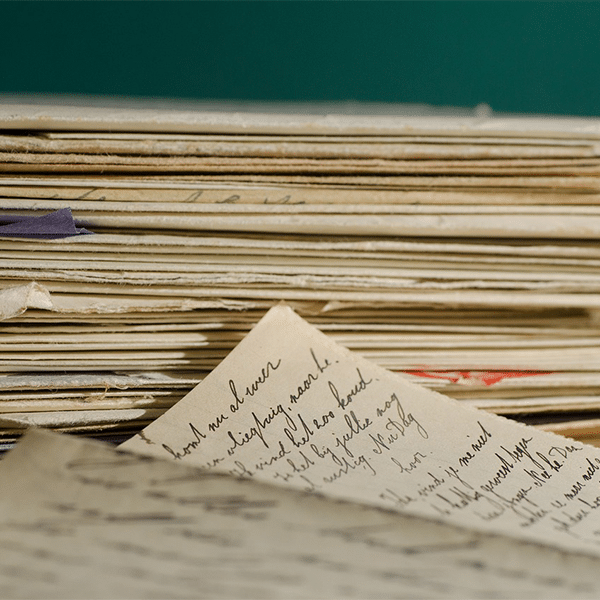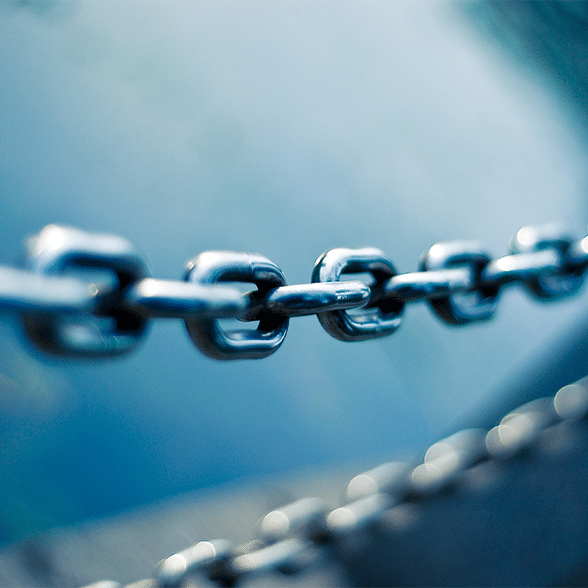The National Telecommunications and Information Association’s (NTIA) approval of Texas’ Initial Proposal for the Broadband Equity, Access, and Deployment (BEAD) Program means that all 56 states, territories, and the District of Columbia have gotten the preliminary go-ahead on their projects.
NTIA also said this week it has updated its BEAD Progress Dashboard.
BEAD is a $42.45 billion program that is part of the Biden administration’s Bipartisan Infrastructure Law. The approvals enable these entities to take next steps to request access to their funding and select providers.
To date, the NTIA — which is part of the U.S. Department of Commerce — has made almost $37 billion in BEAD funding available . Sixteen states have finalized the addresses that will be connected via the program, and eight have begun the process of selecting broadband service providers that will build the networks.
The BEAD final proposals are due a year after the initial proposals, which all were submitted to the NTIA by last December 27. The next step — the Final Proposals — will report the outcome of the provider selection process and detail how the plan will ensure universal broadband coverage. Once approved, the states can begin work on their projects.
Texas was allocated $3.3 billion for deployment and network upgrades.
“Today, Texas can move their Internet for All efforts from planning to action,” said Assistant Secretary of Commerce for Communications and Information and NTIA Administrator Alan Davidson. “I congratulate the Texas Broadband Development Office for developing a strong proposal for how they will connect all of their residents to high-speed Internet service.”
In other BEAD-related news this week, Louisiana became the first state to announce the winners of their first round of BEAD Program funding. The state had one year from the time its BEAD funding was released to complete its final proposal, and the awardee list is part of that proposal.
Veneeth Iyengar, executive director for ConnectLA, told Telecompetitor that the awards, totaling $1.355 billion, will make broadband available to all eligible unserved and underserved locations in the state. Between 95% to 96% of those locations will receive fiber broadband. ConnectLA is the state’s broadband office.
Iyengar said there will be about $500 million left over for eligible non-deployment purposes. Leftover funds can be used to connect anchor institutions or local governmental facilities and for certain other purposes, he said.



